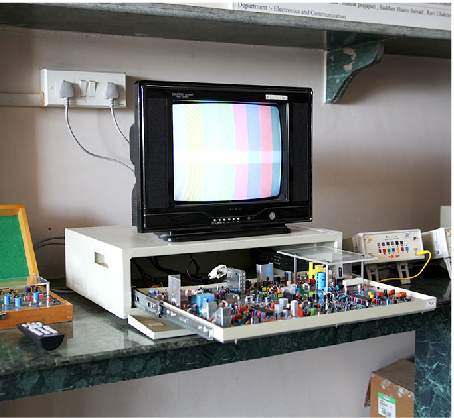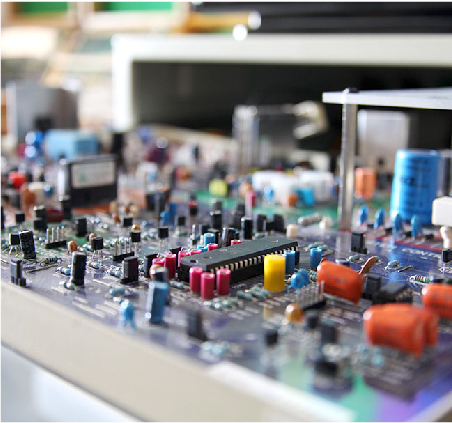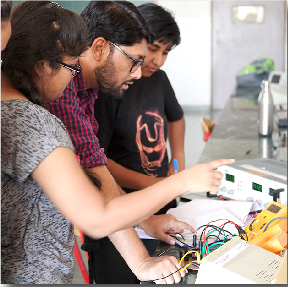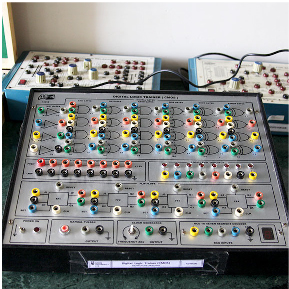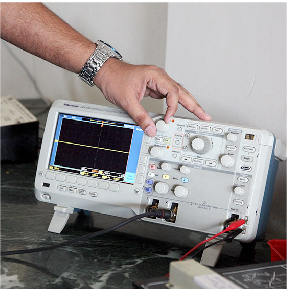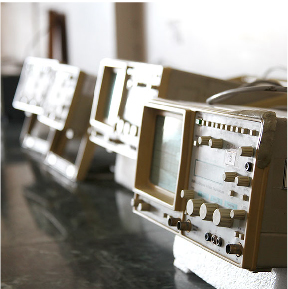Announcement
Get Ready for INDUS CUP 2K26! | Dates: 5–10 January 2026 | Stand a Chance to Win Cash Prizes up to ₹10,00,000!...Read more Get Ready for INDUS CUP 2K26! | Dates: 5–10 January 2026 | Stand a Chance to Win Cash Prizes up to ₹10,00,000!
We are excited to announce the Indus Hackathon 2025, an exhilarating one-day event organized by the CSE Department of Indus University....Read more We are excited to announce the Indus Hackathon 2025, an exhilarating one-day event organized by the CSE Department of Indus University.
26th ISTE Faculty Annual State Convention will be held at Indus University on April 27, 2023....Read more 26th ISTE Faculty Annual State Convention will be held at Indus University on April 27, 2023.
Get Ready for INDUS CUP 2K26! | Dates: 5–10 January 2026 | Stand a Chance to Win Cash Prizes up to ₹10,00,000!...Read more Get Ready for INDUS CUP 2K26! | Dates: 5–10 January 2026 | Stand a Chance to Win Cash Prizes up to ₹10,00,000!
We are excited to announce the Indus Hackathon 2025, an exhilarating one-day event organized by the CSE Department of Indus University....Read more We are excited to announce the Indus Hackathon 2025, an exhilarating one-day event organized by the CSE Department of Indus University.
26th ISTE Faculty Annual State Convention will be held at Indus University on April 27, 2023....Read more 26th ISTE Faculty Annual State Convention will be held at Indus University on April 27, 2023.
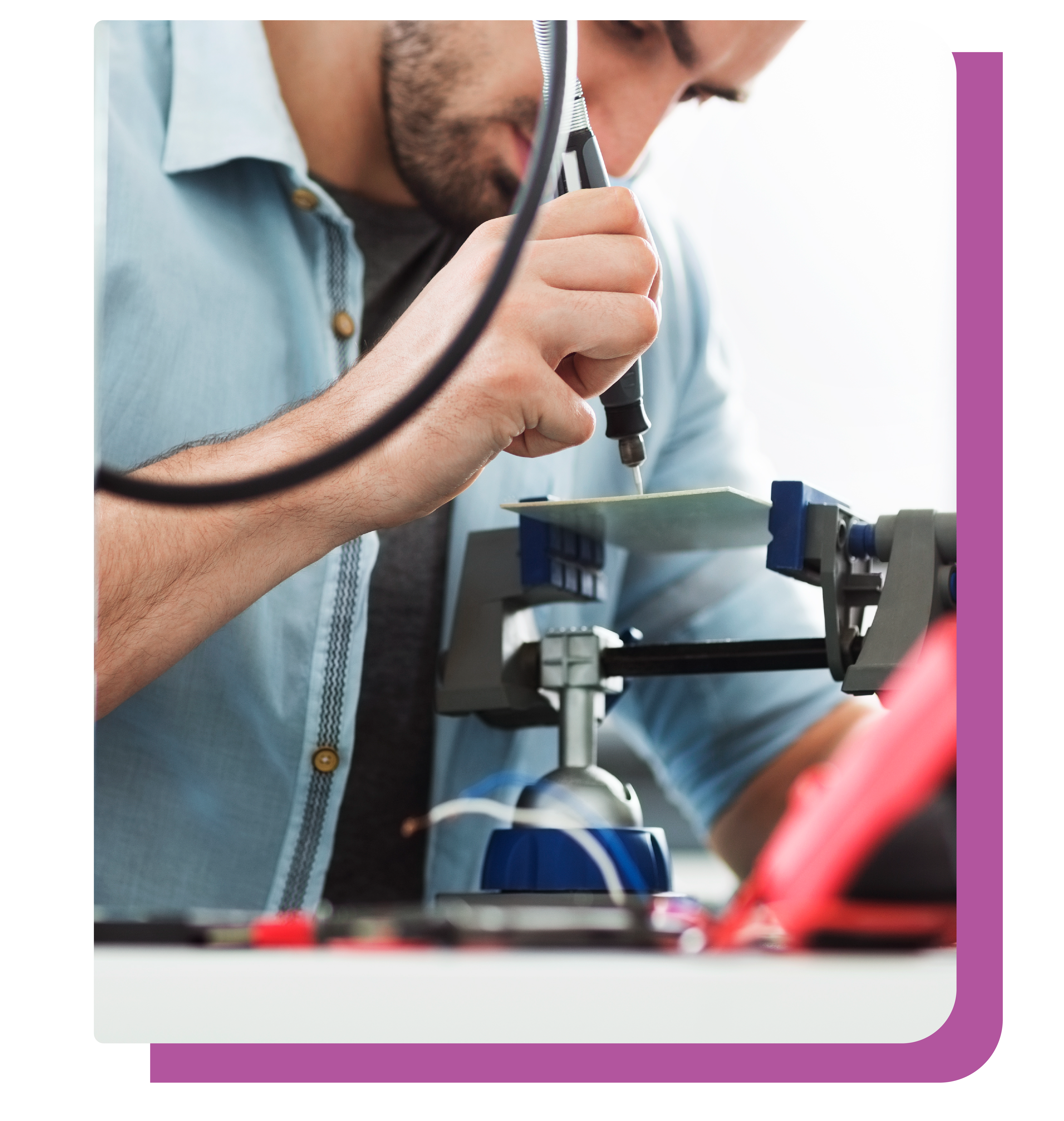
The objective of this laboratory is to familiarize the student with the operation of basic laboratory instrumentation such as energy meter, multimeter, frequency counter, voltmeter, ammeter, personal computers, and circuit simulators such as Pspice. Another goal is to re-enforce theoretical knowledge with practice and vice-versa, and also to learn correct laboratory procedures and techniques. This is accomplished by building, testing, and taking measurements on simple circuits. In the lab, students have “hands on” experience on connecting circuits correctly and use various laboratory equipment for desired measurements and testing.
This laboratory deals with the analysis and manipulation of signals. Signals can be either analog, in which case the signal varies continuously according to the information, or digital, in which the signal varies according to a series of discrete values representing the information. For analog signals, signal processing may involve the amplification and filtering of audio signals for audio equipment or the modulation and demodulation of signals for telecommunications. Signal processing may involve the compression, error checking and error detection of digital signals. The equipment like DSOs, CROs, function generators, and communication trainer kits are available in this laboratory.
This laboratory takes care of the understanding and hands on training of various signal processing techniques and algorithms. It provides ample opportunities for a student to understand various projects of many signal processing techniques. Students are encouraged to develop algorithms and implement both in MATLAB and DSP Processors. In addition to the above mentioned functions, this laboratory also facilitates students to carry out minor and major projects in the area of signal processing.
This laboratory gives an exposure about antenna design and circuits operating at RF or higher frequencies. Microwaves today affect everyone. When we make a telephone call across the country or watch television, microwaves help. Communication, health care, national security, alarm systems, clocking the speed of cars by police – all require microwaves and are better understood by students after doing practical experimentation in the laboratory. Students are given hands-on practice on HFSS software to model and optimize various microwave components and different antennas.
This laboratory enables students to understand practical and physical concepts of digital and electronics equipment. Thus, it helps to make them a good supervisor for location and replacement of the faulty components. The importance of microprocessor based systems is well established. With the advent of microprocessors only, the world of Digital Computers has found its place in every sphere of life. There are numerous applications of this technology in industries for control and efficient running of machineries. It is therefore essential that students learning this technology must perform experiments to acquaint themselves with the actual working.
This laboratory involves the design and testing of electronic circuits that use the electronic properties of components such as resistors, capacitors, inductors, diodes and transistors to achieve a particular functionality. This laboratory provides the basic hands-on-training at the undergraduate level.
The Internet of Things is ushering in a new era of technology and is set to change consumer habits and the way business is conducted. The aim of this laboratory is to make a device and object smarter by linking them to the internet. The basic building blocks of IoT Network includes development boards like Arduino and Raspberry Pi and are the most advanced credit card sized computers with various features. Students can browse, play games, and develop mobile or desktop applications with a system configured with such development boards. This Laboratory has Arduino and Raspberry Pi boards with different communication protocols and interfacing sensors.
The objective of this laboratory is to understand the definition and significance of the Internet of Things and its Architecture and to develop the skills of Arduino Programming and Raspberry Pi for implementing Embedded System Applications
Arduino, raspberry pi, ESP32, ESP8266 Wifi Module, various sensors namely, temperature, pressure, LDR, Light, IR sensor etc. along with GSM/GPRS, Xbee and Bluetooth module for implementation of IoT applications.
